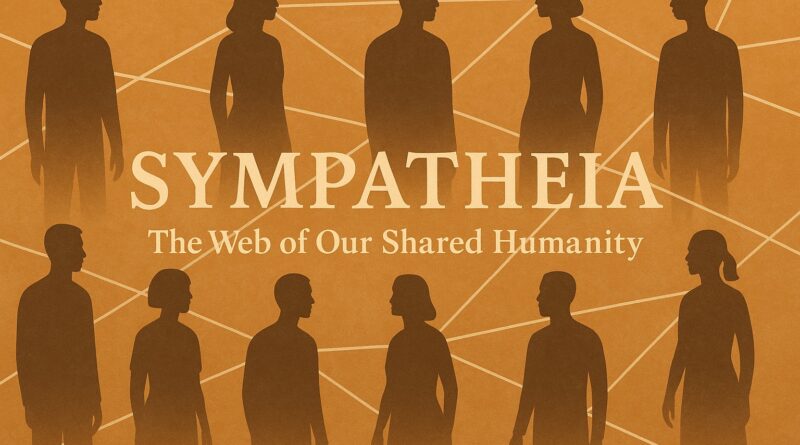Nothing Says “This Season of Life” Like a Cremation Luncheon Invite
Yesterday’s mail brought me a milestone. Not a birthday card or a Medicare handbook, but a glossy luncheon invitation from the National Cremation Society. Apparently, once Medicare enters your life, the end-of-life marketing ecosystem wakes up and decides it’s time to talk.
The flyer promised “Personalized Affordable Options” and a “Professional Service Guarantee”—phrases that raise more questions than they answer. Since I grew up in the funeral business, I had to laugh. But underneath the humor is something real. Planning for death isn’t really about logistics; it’s about caring for the people who are left behind.
This essay starts with jokes, but it ends with what matters most: grief, love, and why the way we leave matters more to the living than to the dead.
Read more



